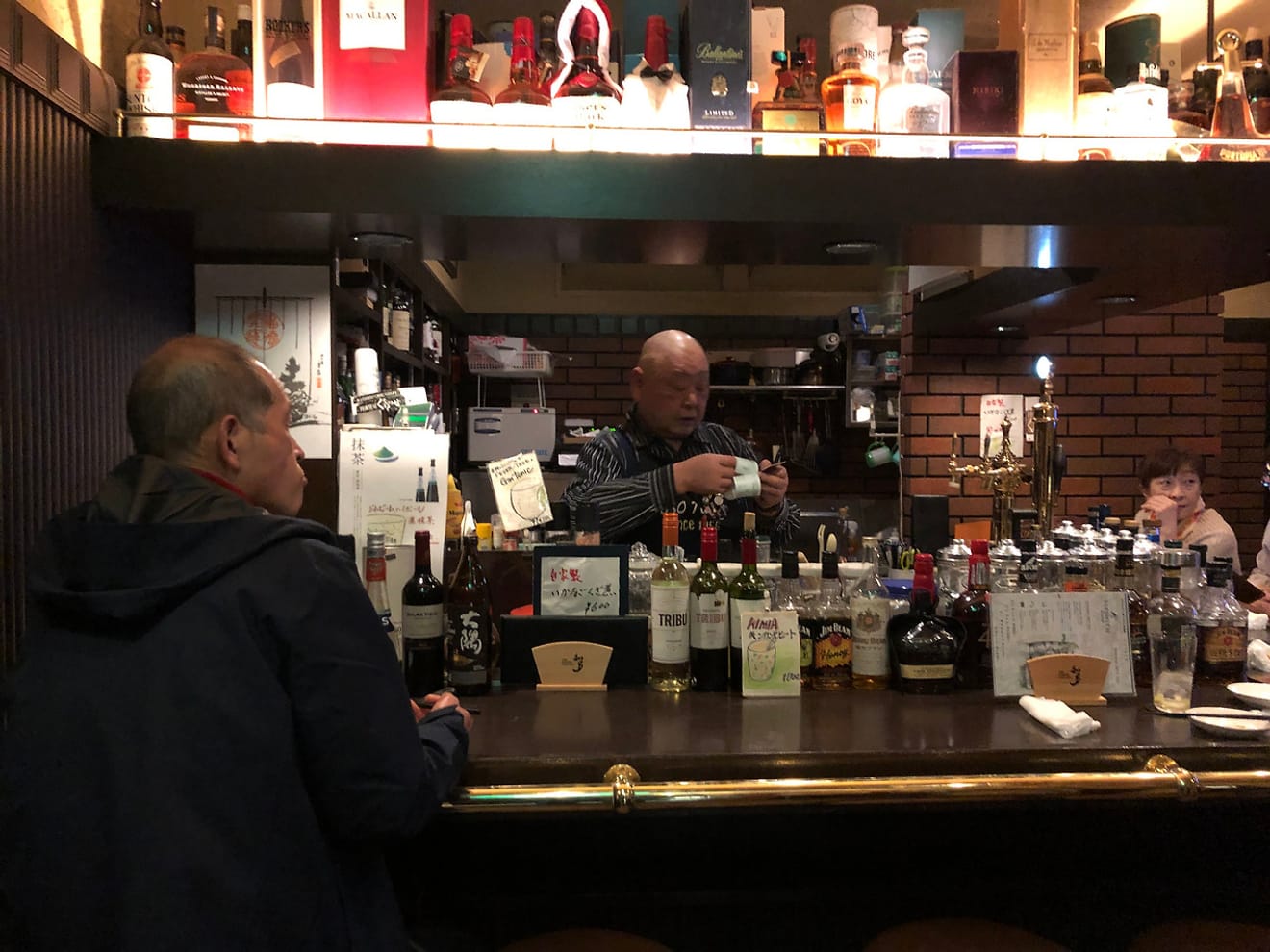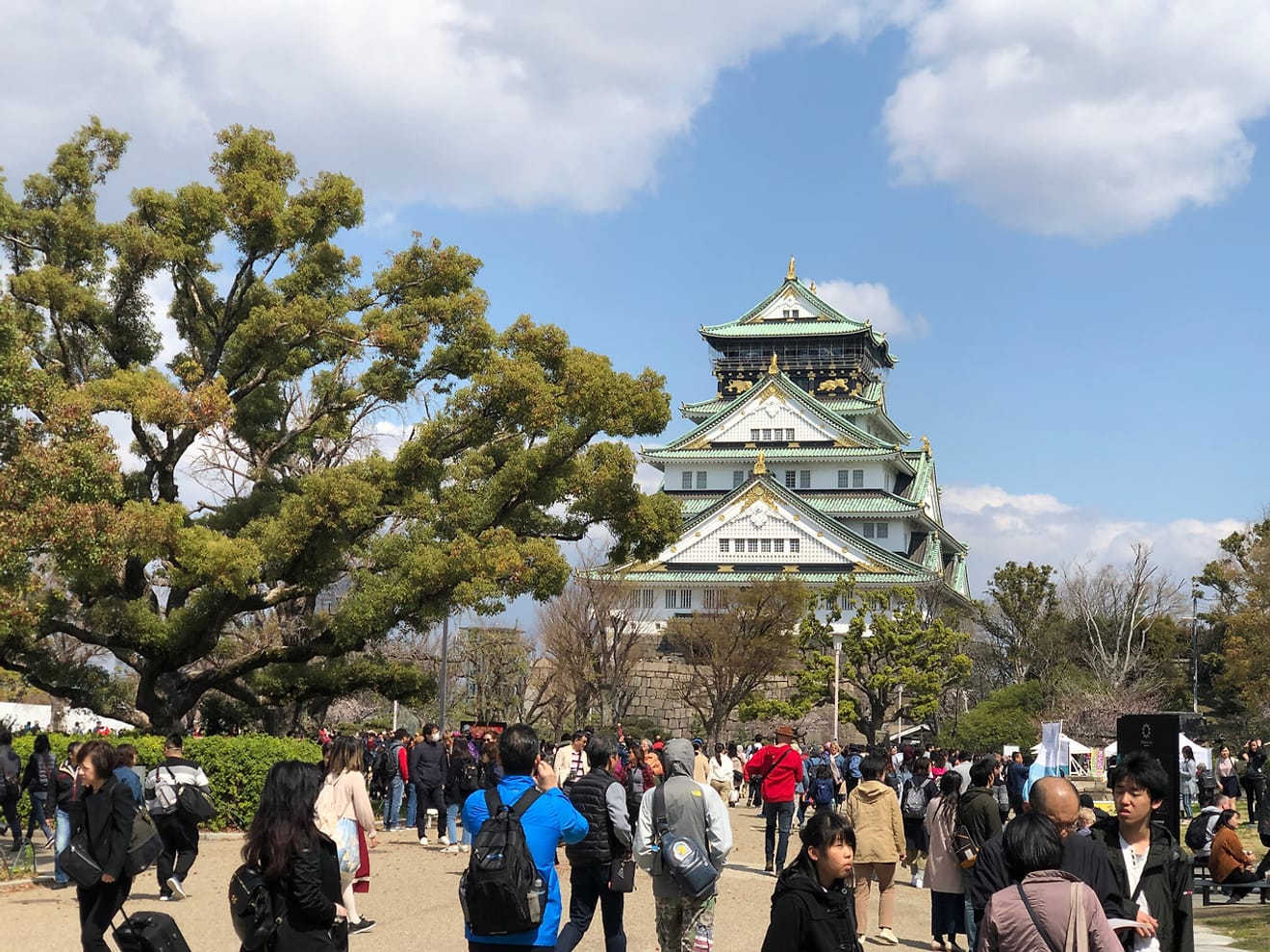Six years ago, I went to Japan to research whisky highballs. I started by visiting small shops on my way from the airport to my accommodation in the middle of the day. There were many small Izakayas, and I enjoyed simple fried food and a refreshing highball for less than 10,000 won.
In the evening, I visited three restaurants and tried to taste all the highball varieties on the menu, ending up quite drunk. Luckily, the client from the headquarters who was guiding me was understanding and forgiving.
The next day, at the distillery I visited, a white-haired employee conducted a special workshop provided courtesy of the headquarters. He said he had worked at the distillery his entire life. Afterward, we had a Japanese set meal and visited a 'bar' near the accommodation.

The moment I opened the door, I felt a strange sense of alienation because most of the customers were in their 60s or 70s. Considering it was around 7 pm, my mother, who is around the same age, would likely be preparing dinner. At that moment, a man in his 50s with a flamboyant hairstyle and a guitar walked in, saw that there were no seats, and quickly turned around and left.
Then, I noticed a female customer in her 60s sitting in the middle of the shop. She seemed to have come out for a drink after being at home, wearing very casual clothes and slippers. She was watching the TV news on the wall while sipping a glass of whisky.
―
Japan has been producing domestic whisky since the 1920s. It is said that the start of Japanese whisky was when Masataka Taketsuru, who went to study whisky abroad, returned after meticulously documenting and sketching the local distillation methods and equipment, and met Shinjiro Torii, a businessman who sold imported wine, and they decided to work together.
Since then, to promote the custom of drinking whisky as an accompaniment to meals, Japanese whisky companies have created photo albums featuring Japanese course meals with whisky, and launched a nationwide franchise bar business with 1,000 locations specializing in whisky. These efforts have gradually built up the experience of Japanese people with whisky from childhood. The scenes I observed were simply natural moments that could be understood in light of this background.
That's why, from a Japanese perspective, the comment that the sales team in Korea seemed to know little about whisky started to make sense.
―
During a separate project, I had the opportunity to interview members of the sales team at the Korean office, and they all had at least 13 years of experience in liquor sales. They shared their wealth of experience to help us reorganize the introduction materials and sales pitches for the launch of a new whisky brand, focusing on what shop owners need most within a limited time frame. Yet, if there was an insurmountable barrier to understanding when it came to the topic of whisky, it was simply the difference in the whisky culture they had experienced in their daily lives.
The sales team members said they had experienced whisky as a kind of bootleg liquor in their childhoods. It was the liquor that a wealthy friend's father carefully kept in his cupboard. The difference in background stems from factors like the liberalization of the liquor market in Korea in 1980, whisky production, which was once encouraged as a national industry but was abandoned due to low commercial viability because the remaining liquid after distillation was small due to the climatic conditions, and the distribution channels of whisky following the social custom of hospitality. Their sales experiences were more akin to operating in the shadows, unlike in Japan.

After finishing the research schedule, I visited Osaka Castle, a famous tourist destination.
While sightseeing at Osaka Castle, following the path filled with cherry blossoms, I found myself at the Toyotomi Hideyoshi Shrine. Yes, the mastermind behind the Imjin War.
After realizing this, I turned back and immediately left for the airport.
―
The essence of a product is inherent.
However, the meaning of a product can vary greatly depending on the country or region.
Understanding and respecting these differences and entering the market can lead to a more favorable nuance in the attitudes, messages, and strategies seen in marketing and sales.
Comments0